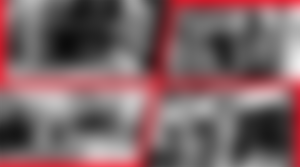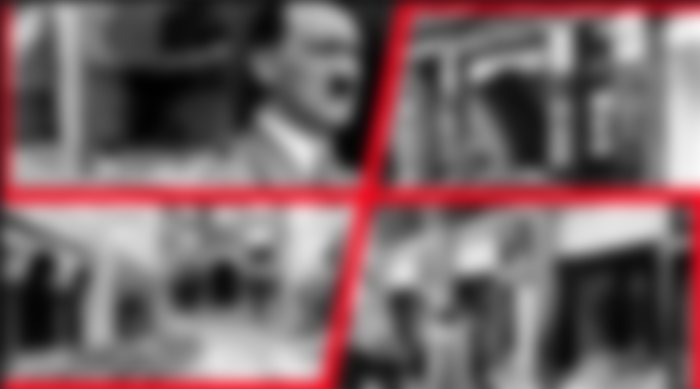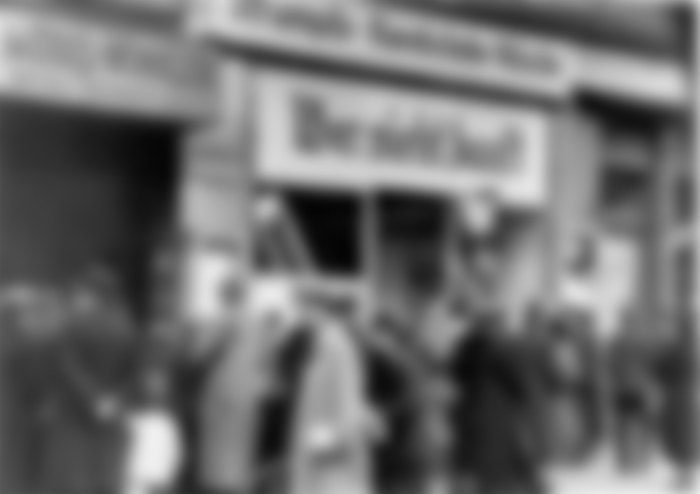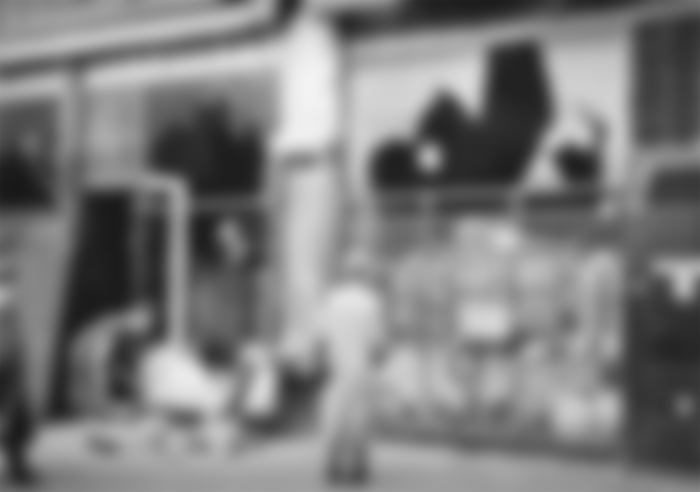
It was "the event that started it all", an incident that was an introduction to the chaos that eventually engulfed the whole world. On this day, "Crystal Night" took place, the first mass act of anti-Jewish violence in Nazi Germany.
Crystal Night (Night of Broken Glass)-, also known as the Imperial Crystal Night, was the first organized and massive great pogrom of Jews that took place throughout Germany on the night of November 9 and in the early hours of November 10, 1938. For many observers, he was the black indication of the horror that will follow and which we know today as the "Holocaust".
Persecution as an excuse

During the 1930s, many Jews of Polish descent lived in Germany, including some who were decorated World War I veterans. On Friday, October 28, 1938, 17,000 of them were gathered in the middle of the night without warning and deported from Germany to Poland.
The Polish government refused to receive them, which is why the unfortunate people dragged themselves between the German and Polish border posts during the cold days and nights until the German authorities finally convinced Poland to allow them entry.
Herschel Greenspan, a German Jew who fled to France, received a letter from his family describing all the horrors they had experienced. On Monday, November 7, revolted and furious, Greenspan shot the secretary of the German embassy in Paris, Ernst von Rat.
Two days later, Rat died in hospital, prompting the Nazis to organize a pogrom against all Jews in Germany.
The night it all started

Historians today agree that there is no talk that the "outburst of rage" that took place during the night of November 9 across Germany was "spontaneous and accidental." It was rather a well-organized and coordinated action of savagery organized by the Nazi government.
In the pogrom, about 1574 synagogues were damaged or destroyed, that is. almost everything that existed in Germany, many Jewish cemeteries and more than 7,000 Jewish shops and large stores.
More than 20,000 Jews were arrested and taken to concentration camps, and a few who dared to oppose were beaten to death while others were forced to watch. The number of dead has never been determined with certainty, and it is known for sure that some Germans were killed just because they "looked like Jews".
The event caused outrage around the world. Most European countries have severed diplomatic relations with Germany in protest. The United States withdrew its ambassador, and the pogrom discredited pro-Nazi movements around the world.
To add to the irony, after the event, the Jews had to pay a collective fine of 1 billion marks to the Nazi government. This night ushered in a new phase in the anti-Semitic activities of the Nazi party and state apparatuses, leading to deportations, and finally the horrific extermination of most Jews who lived in Germany during World War II.
Name problem

The name of this event is controversial. It was called "Kristallnacht" by many people because of the broken shop windows of Jewish-owned stores, but there are other explanations.
Dr. Walter H. Pele, a historian specializing in modern Germany, argues that direct translation is not acceptable because his original intention was to cynically propagate violence as something metaphorically “brilliant and radiant” and essentially positive for Germany.
Similarly, the term "Reichskristallnacht" - "Imperial Crystal Night" was used in German government propaganda during the Nazi period to describe an event of significance to the entire nation.
Otherwise, the forgotten origin of the word "Kristallnacht" is found today in the conversations of ordinary people of that time. Aware of the crime that took place, the Germans coined a euphemistic name because they feared repression by the Nazi regime if they called things by their real names.
This explains the prefix "Reichs" - "imperial", which people at the time used in other contexts to ridicule and criticize some other moves of the Nazi dictatorship.
Today, the term "Pogromnacht" - "Night of Pogrom" is mostly used in Germany because there is a consensus that "Kristallnacht" is too euphemistic a term.




It has always amazed me that such a pogrom is called Crystal Night.